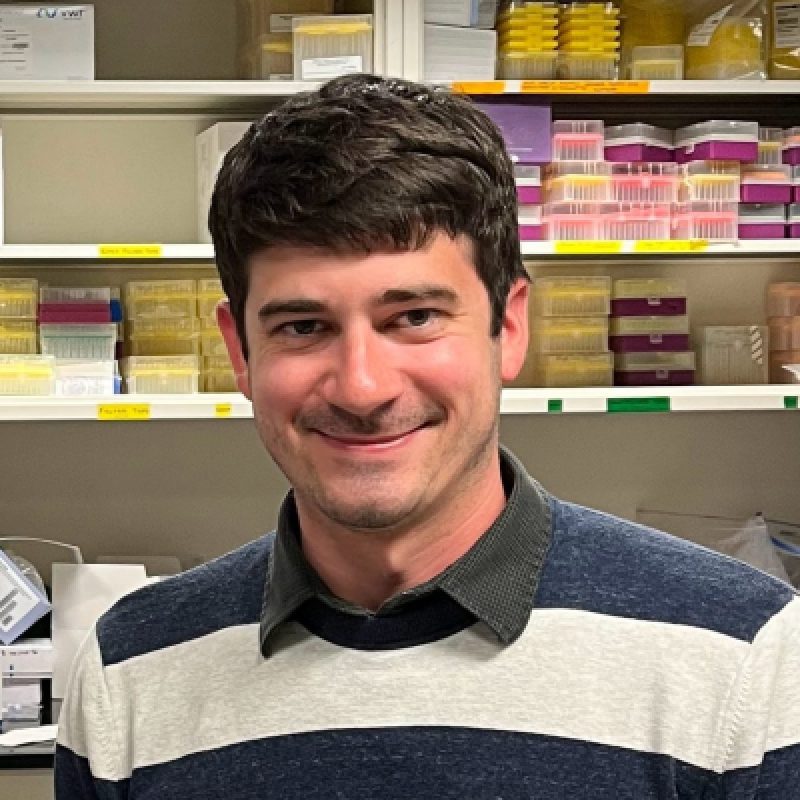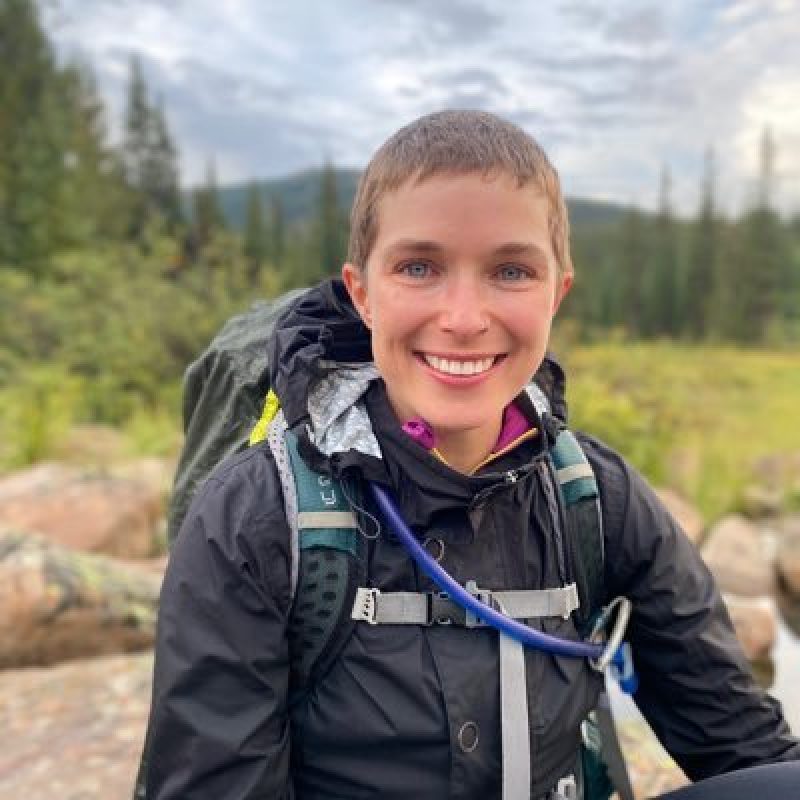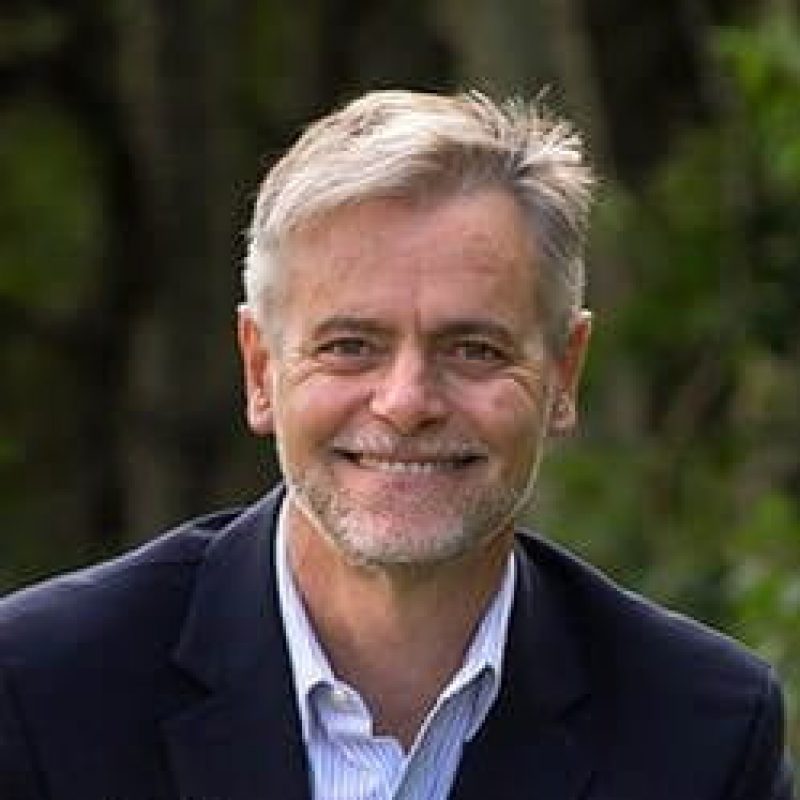Research Area: Disease Ecology and Evolution
-

Scott Keith
Scott’s research investigates how endocrine signaling networks regulate animals’ physiological responses to pathogenic microbes. He uses the fruit fly Drosophila melanogaster as a genetically tractable model to investigate the mechanisms by which several key insect hormones and their cognate nuclear receptors both directly and indirectly[...] -

Jaehee Kim
The Kim Lab focuses on the general fields of population genetics and evolutionary biology. Dr. Kim is interested in computational problems relevant to understanding evolutionary processes and population dynamics, and in development and application of statistical methods for inference from genetic data. In addition to[...] -

C Drew Harvell
We study the transmission and impacts of infectious disease in a changing ocean and mechanisms of immune function in marine invertebrates. We work to identify the value of intact ocean biodiversity and develop strategies towards a healthier ocean. -

Marian Schmidt
The Schmidt lab focuses on microbial community diversity, metabolic activity, and genome evolution in aquatic environments. Students will gain experience with microbial ecology and computational tools. As an example project, students can characterize the microbial communities in marine sediments associated with oyster beds to understand[...] -

Deborah Fowell
We are actively engaged in defining the signals that enable effector T cells to ‘find’ areas of infection and damage within inflamed tissues. We utilize intravital multiphoton microscopy and optogenetic tools to visualize and manipulate effector CD4+ T cells in situ. These approaches have revealed extrinsic[...] -

Brandon Hollingsworth
I am interested in finding better ways of controlling the mosquito Aedes aegypti, the main vector of dengue and Zika viruses. Specifically, I am interested in determining how they move through their environment and the effect that has on different control strategies. The mosquito virome, the[...] -

Gabrielle Le-Bury
Macrophages are susceptible to HIV-1 infection and are resistant to virally-induced cell death. Alveolar macrophages (AM) in particular are known to be extremely long-lived and self-renewing, and have been shown to be both permissive to HIV-1 infection and persist in the face of Anti-Retroviral Therapy[...] -

Frank Schroeder
Our research is directed at characterizing structures and biological function of biogenic small molecules (BSMs) that regulate development and immune responses in plants and animals and serve important functions with associated microbiota. Using comparative metabolomic approaches we have engaged in a comprehensive effort to characterize[...] -

Luis Schang
Dr. Schang uses small molecules with drug-like properties to probe the ways viruses cause infections. He is most interested in finding common features among the many viruses that cause disease in animals or humans, including how they enter cells and how they replicate and cause[...] -

David Russell
My program is focused on drug discovery and the pathogenesis of infectious human disease. We work closely with the Gates Foundation and the California Institute for Biomedical Research to run high-throughput drug screening on Mycobacterium tuberculosis within the context of the host. We also have human subjects[...]
